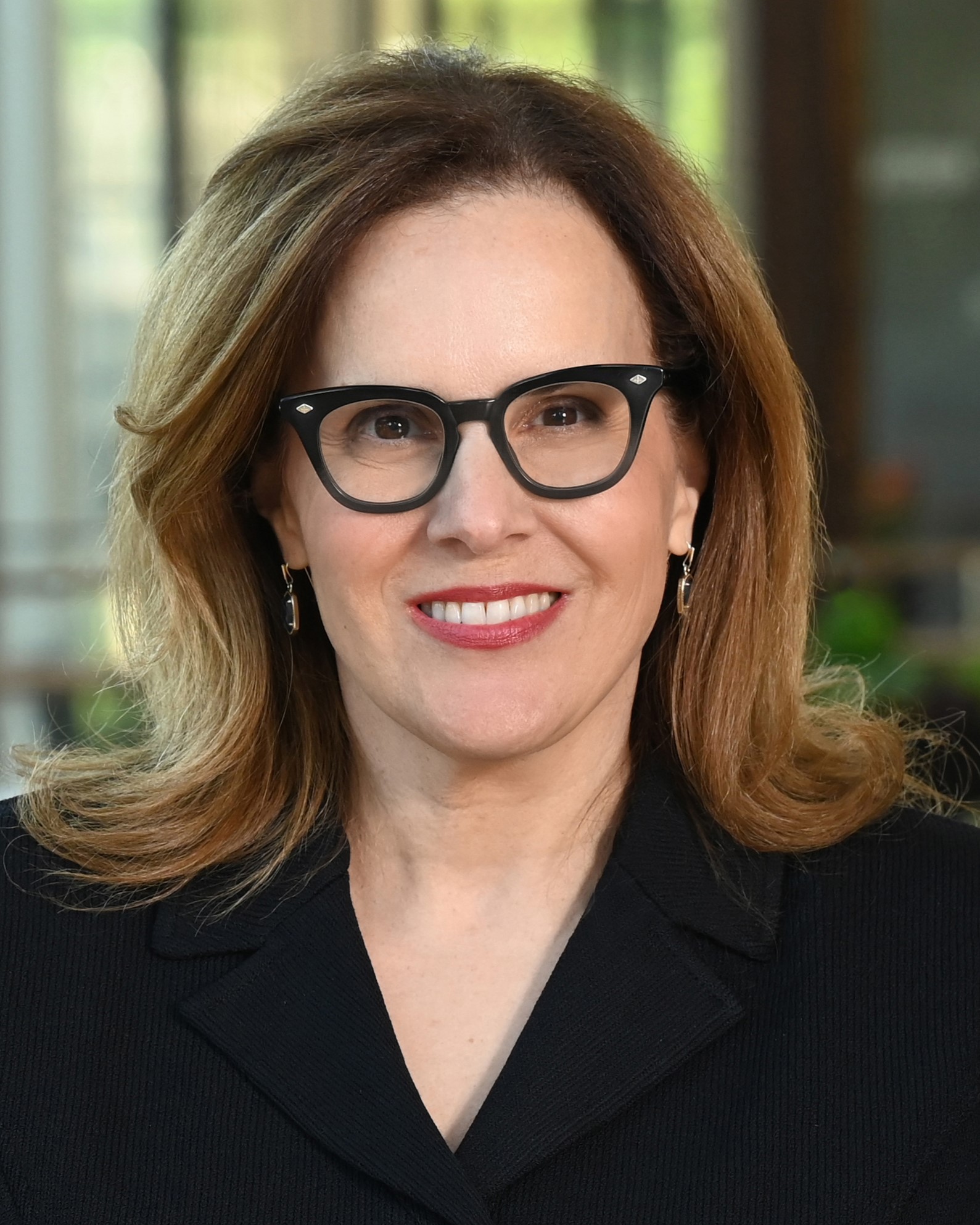
Joan Gabel (member since 2021)
Fulbright Scholar Advisory Board Chair
Chancellor, University of Pittsburgh
International Education Administrators Award, India, 2017
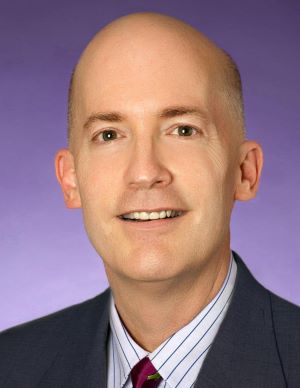
Victor J. Boschini, Jr. (member since 2012)
Chancellor, Texas Christian University
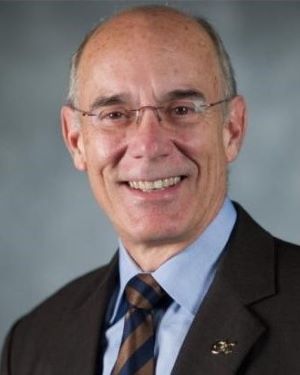
Dr. Rafael L. Bras (member since 2019);
K. Harrison Brown Family Chair, Georgia Institute of Technology
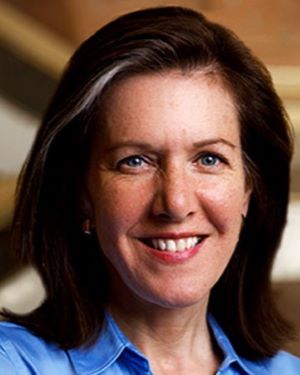
Hannah Buxbaum (member since 2019)
Martin Luther King Jr. Professor of Law, University of California, Davis
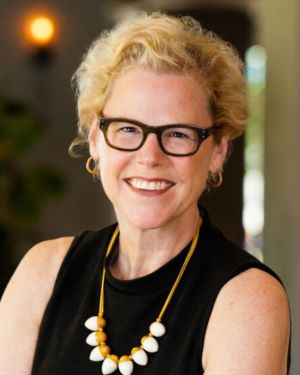
Joy Connolly (member since 2021)
Founding Institutional Member
President, American Council of Learned Societies
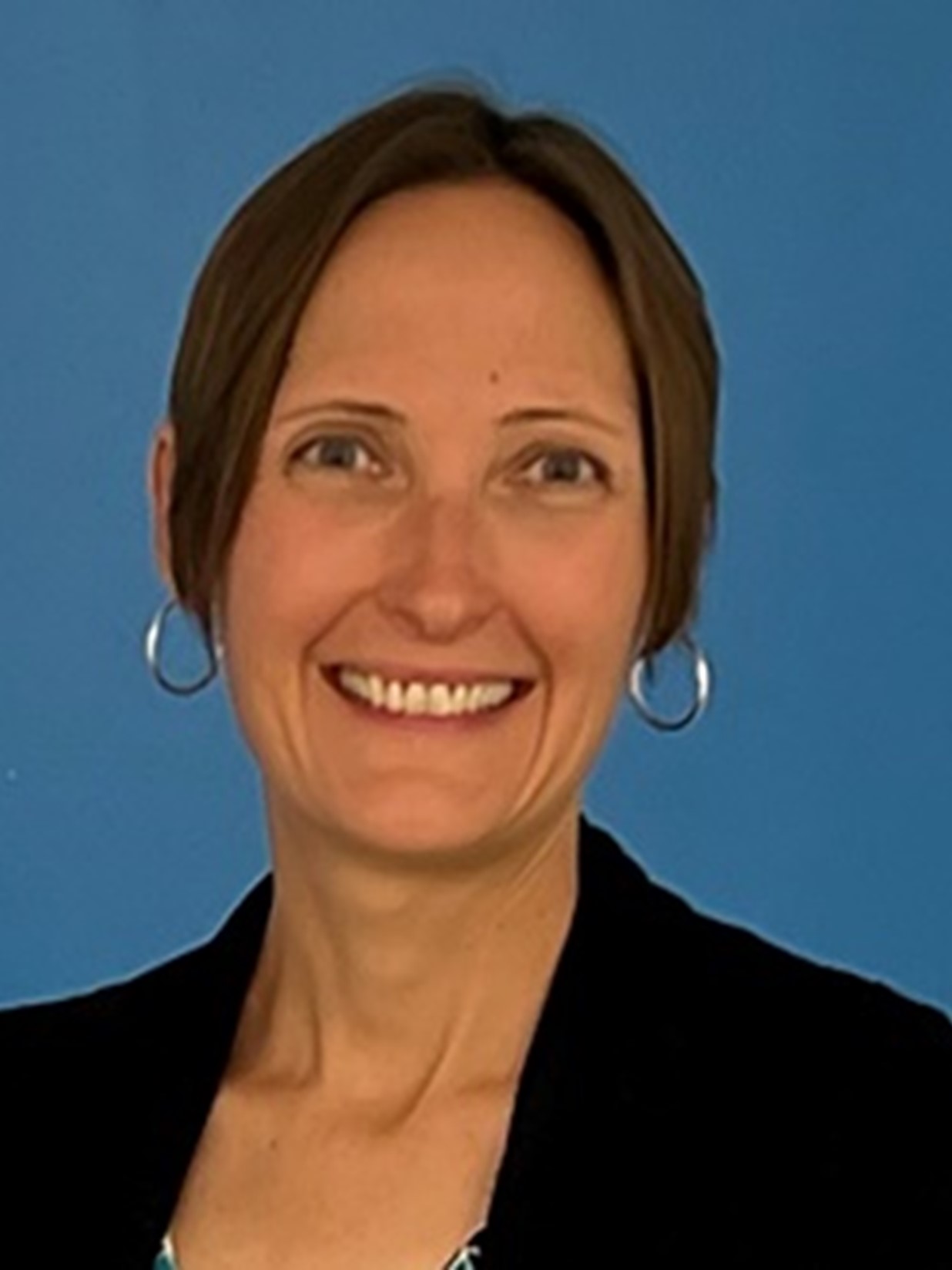
Robin Matross Helms (member since 2017)
Vice President, Membership & Educational Services Association of Community College Trustees (ACCT).
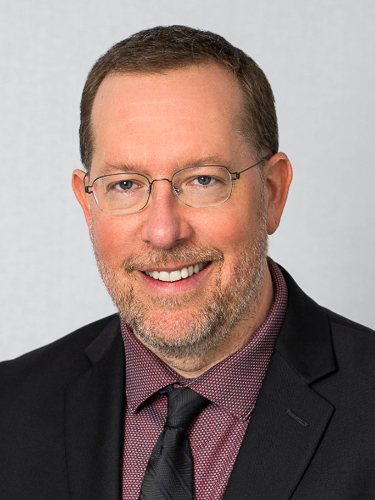
Jason Czyz (member since 2025)
President, Institute of International Education
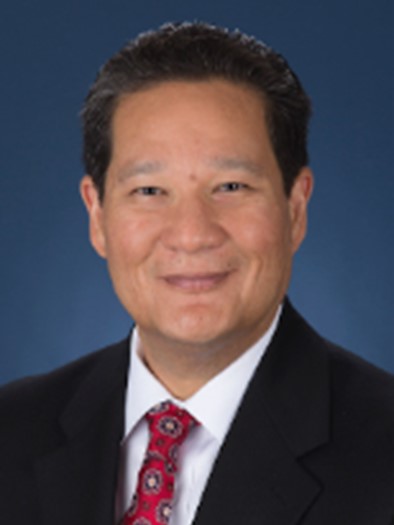
Lee Lambert (member since 2024)
Chancellor, Foothill-De Anza Community College District
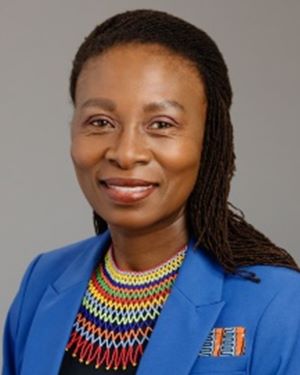
Reitumetse Obakeng Mabokela (member since 2019)
Associate Chancellor and Vice Provost for Global Affairs & Strategies
Professor, Education Policy, Organization and Leadership
Fulbright New Century Scholar, 2006
International Education Administrators Award, France, 2018-2019
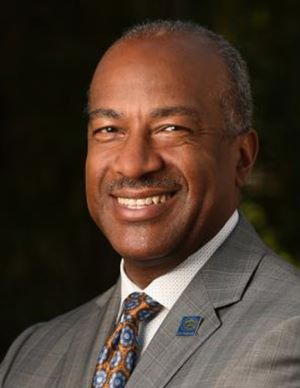
Gary May (member since 2021)
Chancellor, University of California Davis
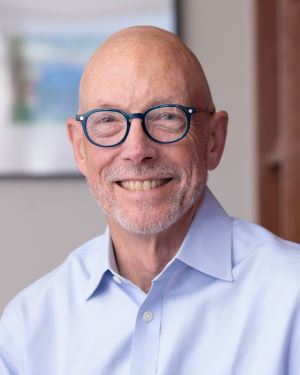
Ted Mitchell (member since 2022)
Founding Institutional Member
President of the American Council on Education (ACE)
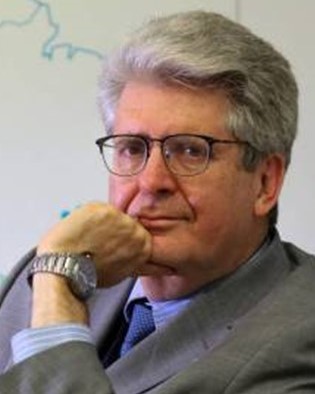
Fernando Reimers (member since 2019)
Ford Foundation Professor of Practice in International Education
Faculty Director, International Education Policy, Harvard Graduate School of Education
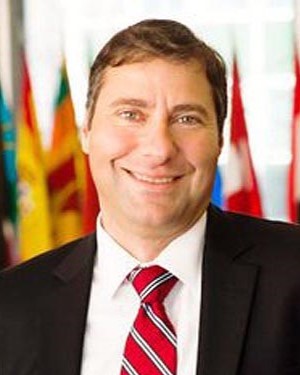
Vaughan Turekian (member since 2018)
Founding Institutional Member
Executive Director of the Policy and Global Affairs Division (PGA), National Academies
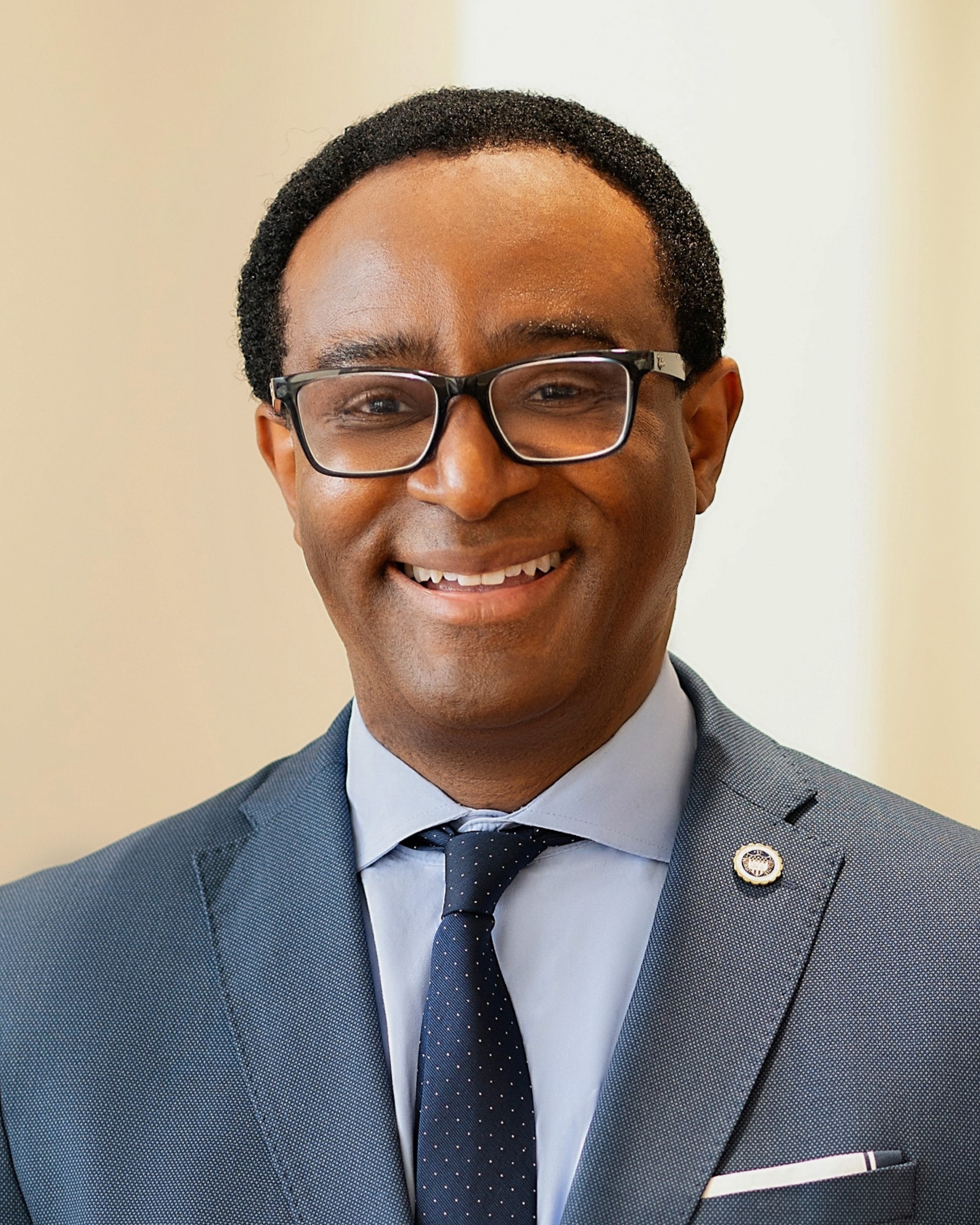
Ben Vinson III (member since 2024)
President, Howard University
Fulbright-Hays Doctoral Dissertation Research Aboard (DDRA) Fellowship, Mexico, 1995
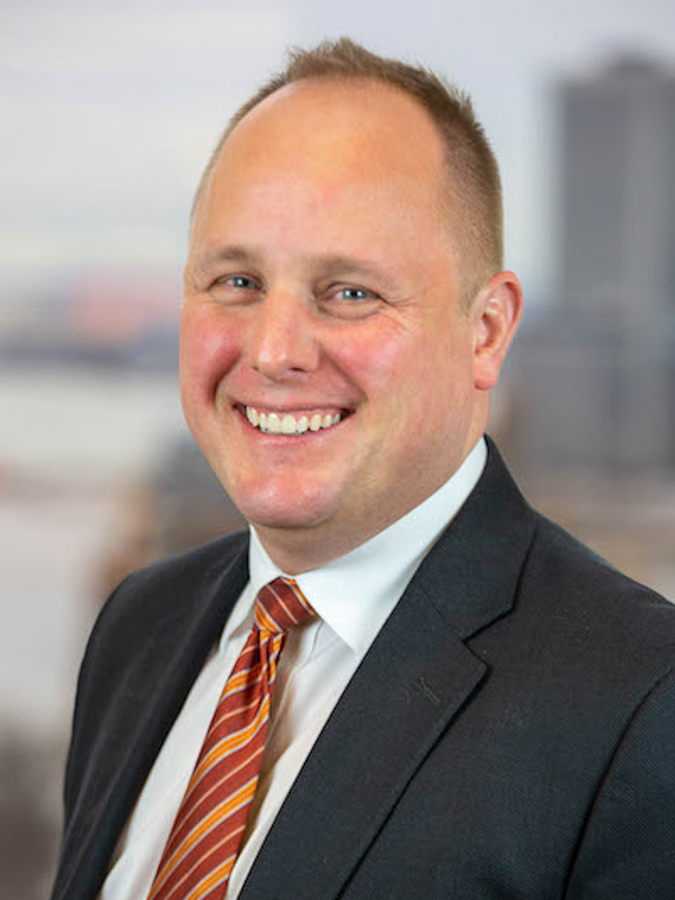
Fred Palm (member since 2025)
Chief Operating Officer, Social Science Research Council
